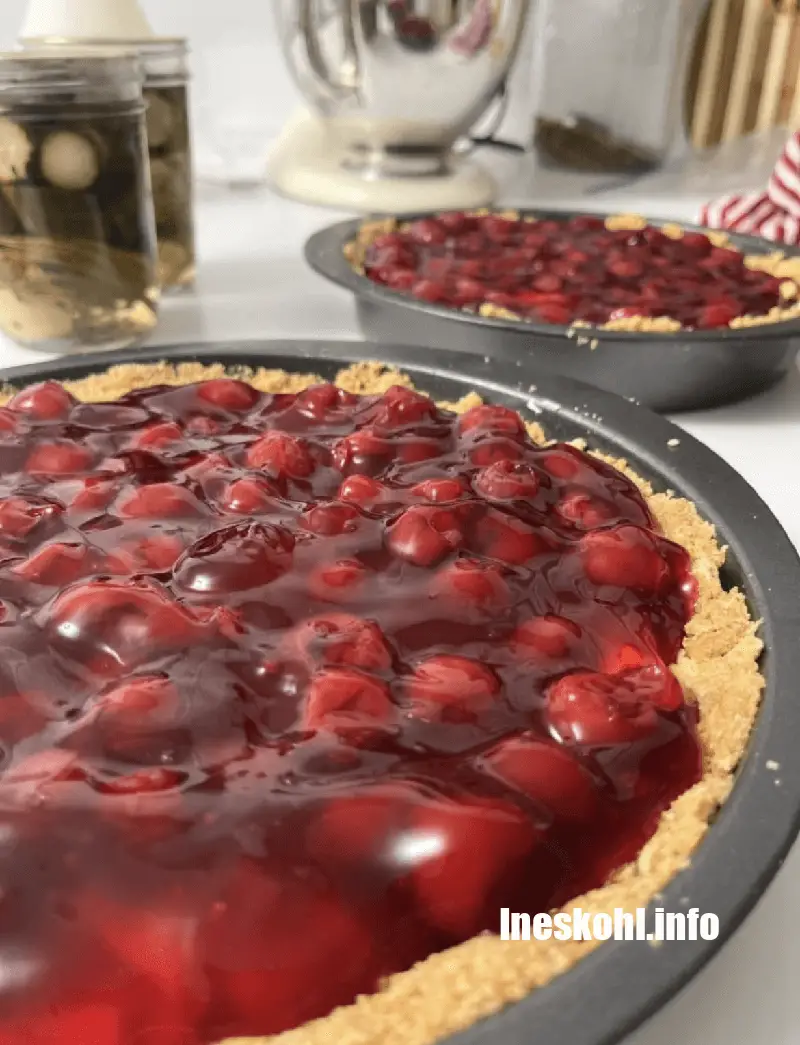Peaches, with their juicy sweetness and soft texture, are a favorite among fruit lovers.
However, the environmental impact of purchasing peaches, particularly those transported over long distances, can be significant.
This article delves into innovative and sustainable strategies that can help you maintain a continuous supply of peaches without the need for constant purchases.
By adopting these methods, you not only enjoy fresh peaches but also contribute to a more sustainable and environmentally friendly food system.
Understanding Peach Seasons and Varieties
Before diving into cultivation methods, it’s crucial to understand that peaches have their seasons, and their availability varies by region and variety.
There are hundreds of peach varieties, each with its own flavor profile, texture, and harvest time.
Some are better suited for eating fresh, while others excel in cooking or preserving.
By selecting a range of varieties, you can extend the peach season in your garden.
Seasonal Varieties
Early Season: Varieties like ‘Spring Prince’ and ‘Flavorcrest’ ripen early in the summer.
Mid-Season: ‘Loring’ and ‘Redhaven’ are perfect for mid-summer harvests.
Late Season: Extend your peach season with late-ripening varieties like ‘Autumn Prince’ and ‘Encore’.
Site Selection and Preparation
Peach trees thrive in locations with full sun, well-drained soil, and good air circulation. Test your soil to ensure it has the right pH (ideally between 6.0 and 7.0) and amend it as needed. Proper site selection reduces the risk of disease and maximizes fruit production.
Propagation Techniques
Grafting
Grafting is a powerful technique to propagate peach trees.
It involves joining the tissue of one plant (the scion) to the root system of another plant (the rootstock).
This method allows for the combination of the best traits of two varieties, such as disease resistance and fruit quality.
Root Cuttings
Root cuttings are another viable method, especially for heirloom or hard-to-find varieties. This involves taking a section of the root and allowing it to sprout in a controlled environment before planting it outdoors.
Sustainable Pest and Disease Management
Peaches are susceptible to various pests and diseases, but with integrated pest management (IPM) strategies, you can reduce the need for chemical interventions.
IPM includes regular monitoring, using resistant varieties, encouraging beneficial insects, and applying organic treatments when necessary.
Water and Mulch
Efficient water use is crucial for sustainable peach cultivation. Drip irrigation delivers water directly to the root zone, reducing waste and minimizing leaf wetness that can lead to disease. Mulching conserves moisture, suppresses weeds, and adds organic matter to the soil.
Pruning and Thinning
Proper pruning improves air circulation and light penetration, which are essential for fruit quality and disease prevention.
Thinning the fruit ensures that the remaining peaches grow larger and prevents branch damage due to overbearing.
Harvesting and Preservation
Harvest peaches when they are fully ripe for the best flavor. If you have an abundant harvest, consider preserving techniques like canning, freezing, or drying to enjoy your peaches year-round.
Community Engagement and Sharing
Engaging with a community of local growers can enhance your peach-growing experience.
Sharing tips, scion wood for grafting, and excess produce can foster a community of sustainability and support.
Adopting these strategies for peach cultivation can transform your approach to enjoying this delightful fruit.
By focusing on sustainable practices, you can enjoy a continuous supply of peaches while minimizing your environmental footprint.
Whether you’re an experienced gardener or a beginner, these techniques can help you build a more resilient and productive peach garden, ensuring that you have a steady supply of this beloved fruit for years to come.
Source: cooktopcove.com











